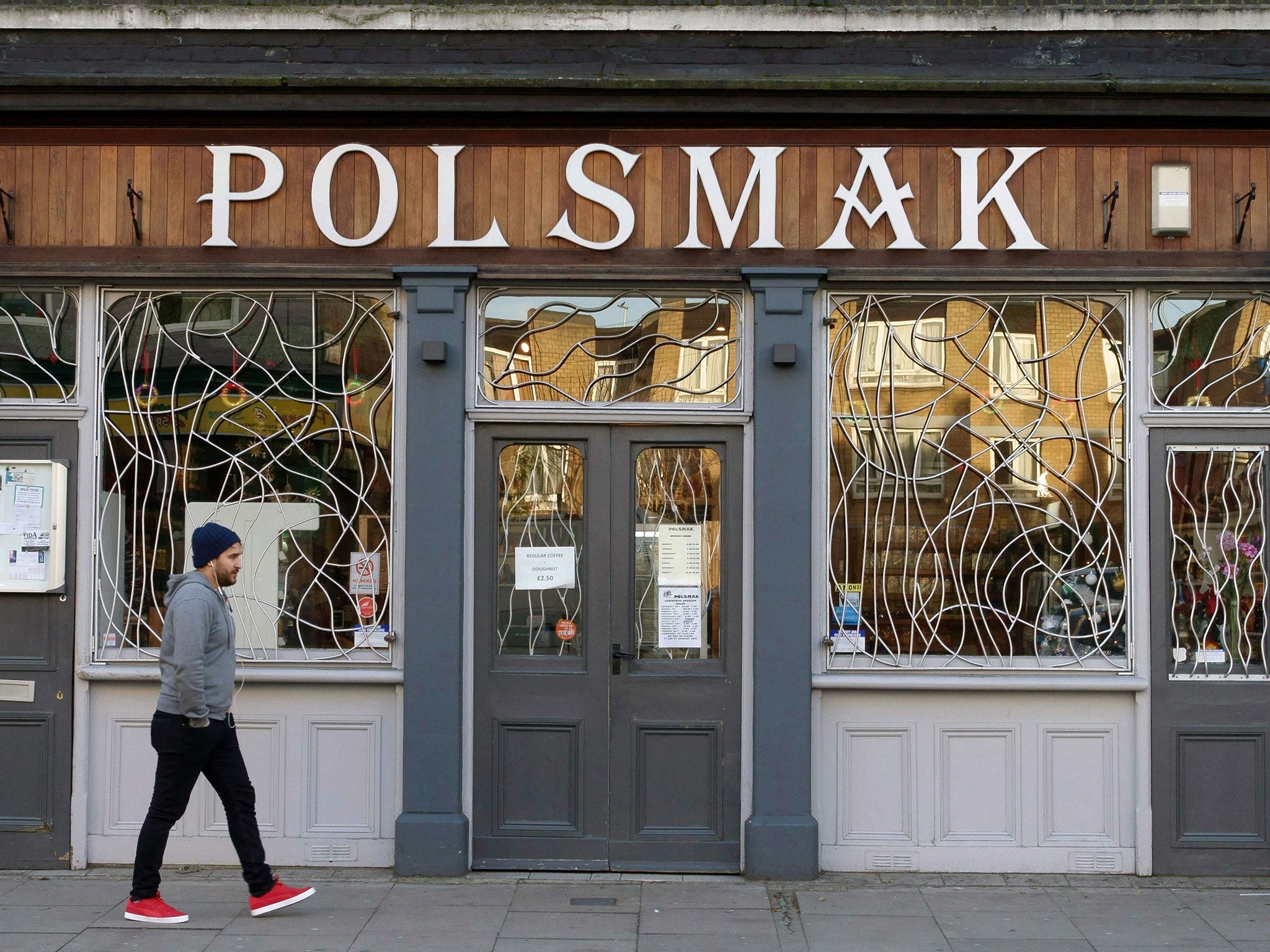There are ways to manage immigration without closing borders, but Theresa May doesn't want to hear them
If the Prime Minister does bring in discrimination against European citizens, Britain will lose all access to the Single Market – and a train crash Brexit will be unavoidable


Theresa May has wisely said as little as possible about plans to start discriminating against citizens of European countries by demanding they obtain visas, work or residence permits before they get on EasyJet, Ryanair or Eurostar to come here. Instead, in one of the convoluted curiosities of the aftermath of Brexit, it has been some Labour MPs who have been making the running with calls for managed migration to stop Europeans working in the UK.
The term “managed migration” was a standard call in every Ukip election manifesto this century. To be anti-immigrant, from the days of Enoch Powell until about 15 years ago, was arguably an expression of racism since most immigrants were from Asia, Africa and the Caribbean. But with the end of communism, hundreds of thousands of white Catholic Europeans came from Eastern Europe in the 1990s early 2000s. The 200,000 Poles who stayed in Britain after 1945 welcomed scores of thousands of Poles who could travel freely after 1990.
After 1997, Gordon Brown fashioned an employment-rich but low-pay economy helped by taxpayer subsidies – worth £43bn today – which encouraged employers to take on very low-paid staff. More Poles arrived after EU enlargement in 2004, just as a million Irish came to Britain in the 1950s and 1960.
Other countries faced similar arrivals. Spain is now home to 1.1 million Romanians. France has 650,000 Portuguese. Germany has 2 million Poles. Only in Britain was overt hostility to Europeans made into a political project – firstly by Ukip, then by Tory leaders after 1997, and above all by the anti-EU press.
But we have been here before. Dockers marched in support for Enoch Powell’s anti-immigrant demagogy in 1968. Harold Wilson, as Labour prime minister, panicked and brought in laws to restrict immigration, but white working class Labour voters took no notice and voted Labour out in 1970.
On immigration, the fabled white working class never stays loyal to Labour. It voted en masse for Margaret Thatcher in 1979 and 1983, when she raised the spectre of Britain being “swamped” by immigrants. As soon as Ukip and BNP anti-immigrant rhetoric took off after 2000, many Labour voters transferred their votes to those fringe parties.
But not when voting for Parliament. Professor Matthew Goodwin, who surveys extreme right politics, predicted the arrival of five or six new Ukip MPs in the House of Commons in 2015. It didn’t happen.
Ukip, after May 2019 and Brexit, will have no MEPs, no staff, no offices and, above all, none of the endless EU funds that allow them to do politics in Britain. It would be wrong to tailor a political response to a challenge that will soon disappear.
However, Labour MPs are right to say that some controls are needed to re-balance the Labour market in favour of those who have been left behind by the low-pay, globalised economy.
External controls, such as reverting to Cold War era travel, work and residence permits, are unlikely to work. As the head of the German car industry federation, Matthew Wissmann, wrote in the newspaper Süddeutsche Zeitung, Germany will not accept any change to the so-called four EU freedoms on movement – of capital, people, goods and services. If May, with Labour backing, insists on external immigration control, that means kissing goodbye to the Single Market.
Far better is to argue for internal controls, by changing how the UK labour market is organised. Under EU rules no state agency is obliged to hire foreign workers. But successive health secretaries, including those under Labour, have failed to train enough British doctors, nurses and health care workers. The same is true for all craftworkers, such as electricians, plumbers, painters, carpenters and shop-fitters.
Britain could exercise control by making apprenticeships compulsory for UK firms, as they are in Germany, Nordic nations and other countries where local workers do not feel as under threat as British workers do from European colleagues.
Other measures could include copying continental practise so that identity cards are needed to access health care and education. Strict enforcement of the EU Agency Workers and Posted Workers Directives would slow down the mass hiring by unscrupulous low-pay bosses of non-British workers. This is a way of controlling immigration by internal means, rather than quotas or crude blockages at frontiers.
If May does bring in discrimination against European citizens, it has been made very clear that Britain loses all access to the Single Market – and train-crash Brexit going over the cliff edge will be unavoidable. That massive blow to the material economy would be far more damaging to Britain’s working class than allowing Lithuanians to pull leeks from Lincolnshire fields in freezing weather.
A fairer internal labour market is a much better response than repeating endlessly the Ukip mantra of “managed migration”. It also puts Labour on the right side of the argument against the hard-line nationalist populists in May’s government who are prepared to risk Britain’s economic future in their blind hate of anything European.
Denis MacShane is the UK’s former Minister of Europe and author of 'Brexit: How Britain Left Europe' published by IB Tauris


Join our commenting forum
Join thought-provoking conversations, follow other Independent readers and see their replies